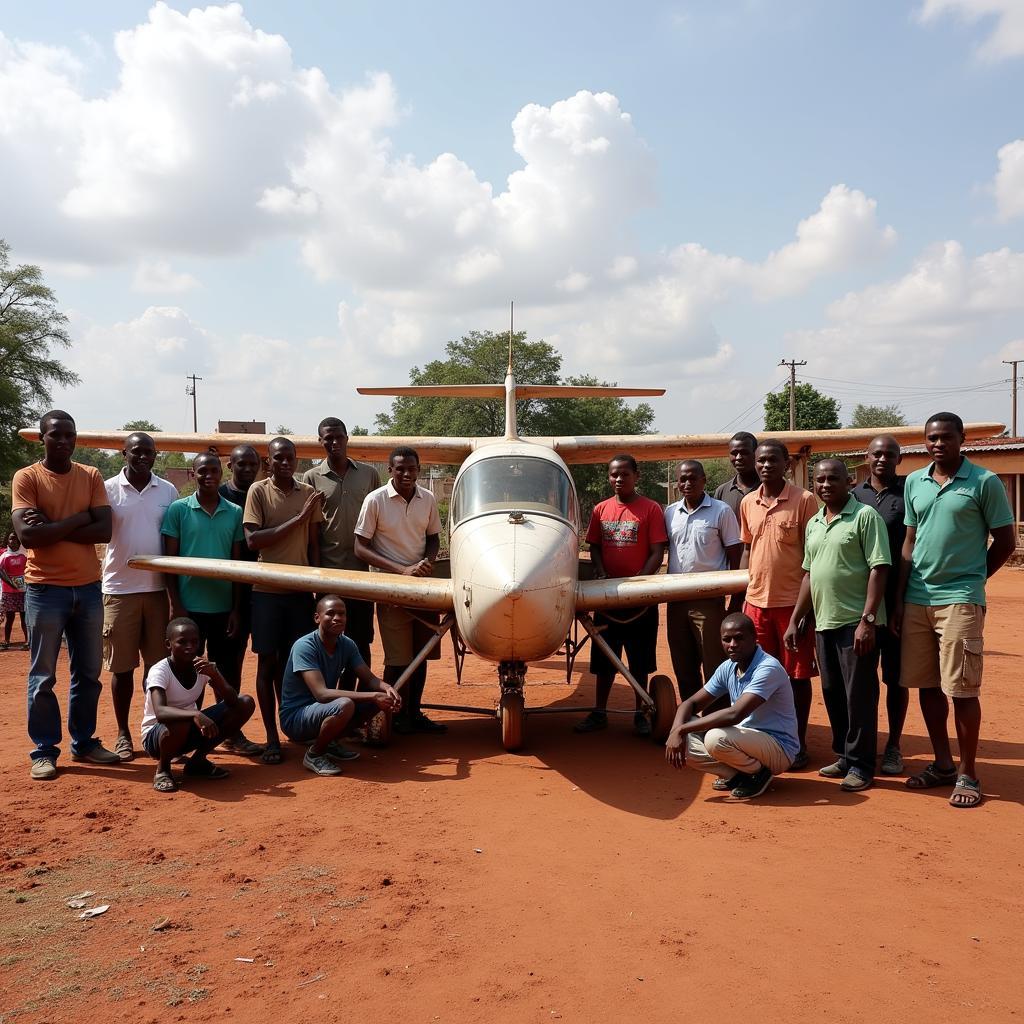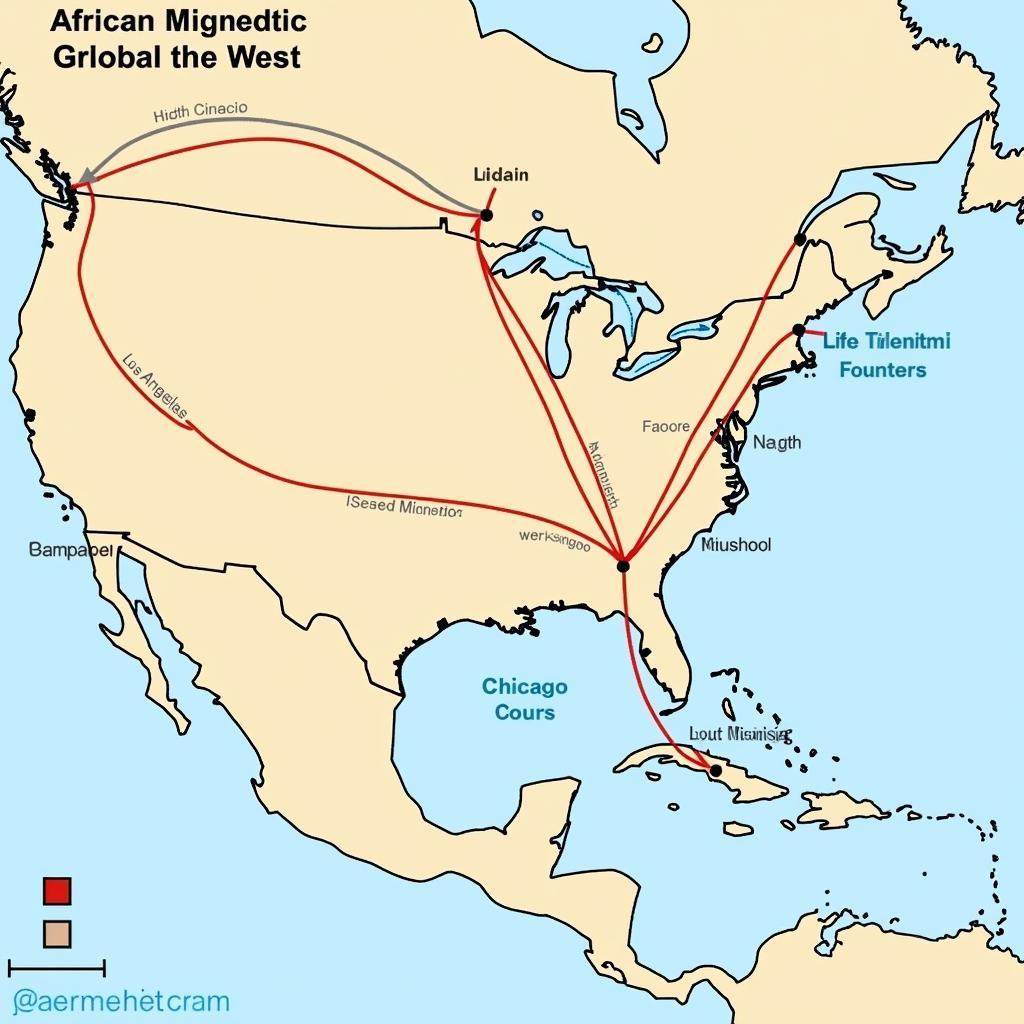Understanding the Reality of African Beggar Children: A Comprehensive Guide
The plight of African beggar children is a complex issue that needs understanding and empathy. This guide aims to shed light on the reality of these children, delving into the root causes, impact, and efforts being made to address this challenge.
The Root Causes of African Beggar Children
African beggar children are often victims of complex socioeconomic circumstances, including:
- Poverty and Lack of Education: Many children are forced into begging due to extreme poverty, lack of access to education, and limited employment opportunities for their families.
- Exploitation and Trafficking: Some children are trafficked and exploited by individuals or groups who profit from their begging.
- Social and Cultural Factors: In certain communities, begging is perceived as a cultural norm or a means of survival, perpetuating the cycle.
- Conflict and Displacement: Conflicts and displacement due to political instability or natural disasters can leave children vulnerable and forced into begging.
The Impact on African Begger Children
Begging has devastating consequences for children, impacting their well-being, development, and future prospects:
- Physical and Psychological Trauma: Constant exposure to harsh conditions, hunger, and exploitation can lead to physical and psychological trauma.
- Lack of Education: Children engaged in begging are often deprived of education, hindering their opportunities for a better future.
- Health Risks: Begging exposes children to various health risks, including malnutrition, disease, and injury.
- Social Stigma: Begging can lead to social stigma and isolation, making it difficult for children to integrate into society.
“The suffering of these children is a stark reminder of the inequalities and challenges that exist in many parts of Africa. We must work together to create a future where every child has the opportunity to thrive.” – Dr. Fatima Diouf, Child Rights Advocate
Efforts to Help African Beggar Children
Various organizations and individuals are working tirelessly to address the issue of African beggar children:
- Providing Educational Opportunities: Non-profit organizations and governments are working to provide education and skills training for children in need.
- Combating Exploitation: Authorities are cracking down on human trafficking and exploitation rings that profit from child begging.
- Community Empowerment Programs: Programs are being implemented to empower communities to prevent child begging and support vulnerable families.
- Raising Awareness: Raising awareness about the issue through advocacy and media campaigns is crucial to driving change.
“It’s important to remember that every child deserves a chance at a better life. By working together, we can create a world where no child is forced to beg for survival.” – Professor Abdul Kareem, Development Economist
Conclusion
Addressing the issue of African beggar children requires a multifaceted approach involving governments, NGOs, communities, and individuals. Through education, social support, and economic empowerment, we can break the cycle of poverty and create a brighter future for these children.
Frequently Asked Questions (FAQ)
1. What can I do to help African beggar children?
You can support organizations that provide education, healthcare, and social support to children in need. You can also advocate for policies and initiatives that combat poverty and exploitation.
2. Why are there so many beggar children in Africa?
The high number of beggar children in Africa is a consequence of poverty, conflict, lack of education, and exploitation.
3. Is begging always a result of poverty?
While poverty is a major contributing factor, other factors, such as trafficking, conflict, and cultural beliefs, can also contribute to child begging.
4. What are the long-term effects of child begging?
Child begging can lead to long-term negative effects, including trauma, lack of education, and social exclusion.
5. How can we prevent child begging in Africa?
Prevention involves addressing the root causes, including poverty, lack of education, and exploitation. This requires sustained efforts by governments, NGOs, and communities to provide opportunities and support for vulnerable families.




